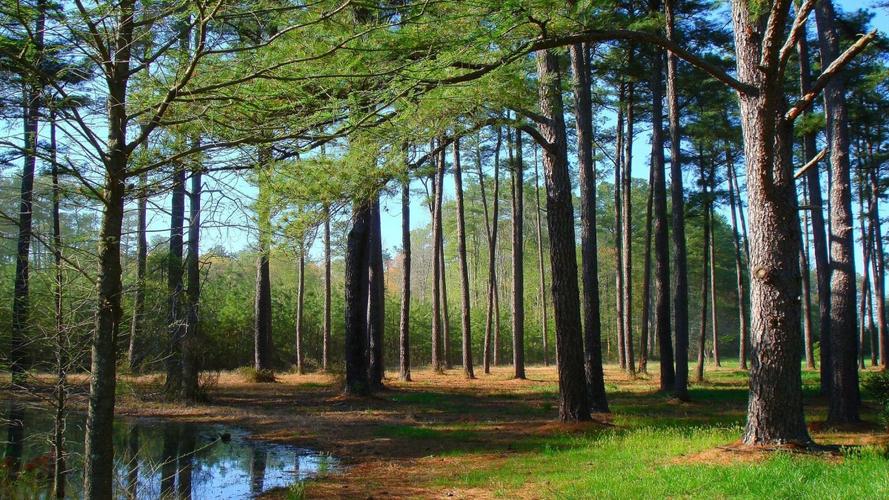10 Important Things You Need to Know to Stay Safe during a Volcanic Eruption
Volcanic eruptions are a natural disaster that can cause significant damage and destruction to human life and property. Understanding how to stay safe during a volcanic eruption can save lives and minimize the loss of property. Here are ten essential things you need to know to stay safe during a volcanic eruption.
1. Understanding the nature of the volcanic eruption
Before a volcanic eruption, it’s essential to understand the nature of the eruption and the potential danger it poses. Volcanic eruptions vary in their size and magnitude, and some pose greater threats than others. Knowing what to expect can help you prepare and respond appropriately during an eruption.
2. Following evacuation orders
If a volcanic eruption is imminent, follow evacuation orders. Evacuation orders are issued to protect the safety of residents and limit potential damage and loss of life. Listen to local authorities and evacuate your home if instructed to do so.
3. Avoiding restricted areas
During a volcanic eruption, local authorities may restrict access to certain areas, including areas close to the volcano. Avoid these areas to ensure your safety. Restricted areas are typically identified by warning signs and barricades.
4. Protecting yourself from volcanic ash
Volcanic ash can pose health risks, including respiratory problems. If you’re in an area affected by volcanic ash, wear a protective mask or cloth to cover your mouth and nose. If possible, stay indoors and keep windows and doors closed.
5. Monitoring air quality
During a volcanic eruption, air quality can deteriorate rapidly, making it essential to monitor air quality conditions regularly. Local authorities often provide up-to-date information about air quality conditions in affected areas.
6. Knowing emergency procedures
Make sure you know emergency procedures, including evacuation routes, emergency shelters, and how to contact emergency services. Knowing these procedures can save your life during a volcanic eruption.
7. Storing emergency supplies
Store emergency supplies such as food, water, and medication in an accessible location. In the event of a volcanic eruption, access may be limited, and emergency supplies may become scarce.
8. Securing your home
Before a volcanic eruption, secure your home by closing windows and doors and covering vents and other openings. This can help minimize the amount of ash and debris that enters your home during the eruption.
9. Listening to updates from local authorities
During a volcanic eruption, local authorities often issue updates about the situation. These updates can include important information about evacuation orders, emergency procedures, and potential risks.
10. Staying calm
Staying calm during a volcanic eruption can be challenging, but it’s essential to ensure your safety. Panic can lead to poor decision-making and put you and your family at risk. Stay calm and follow emergency procedures to stay safe.
In conclusion, staying safe during a volcanic eruption requires preparation, knowledge, and critical thinking. Knowing the nature of the eruption, following evacuation orders, avoiding restricted areas, protecting yourself from volcanic ash, monitoring air quality, knowing emergency procedures, storing emergency supplies, securing your home, listening to updates from local authorities, and staying calm are essential steps to stay safe during a volcanic eruption. By following these guidelines, you can minimize the risks and protect yourself and your family.
(Note: Do you have knowledge or insights to share? Unlock new opportunities and expand your reach by joining our authors team. Click Registration to join us and share your expertise with our readers.)
Speech tips:
Please note that any statements involving politics will not be approved.
